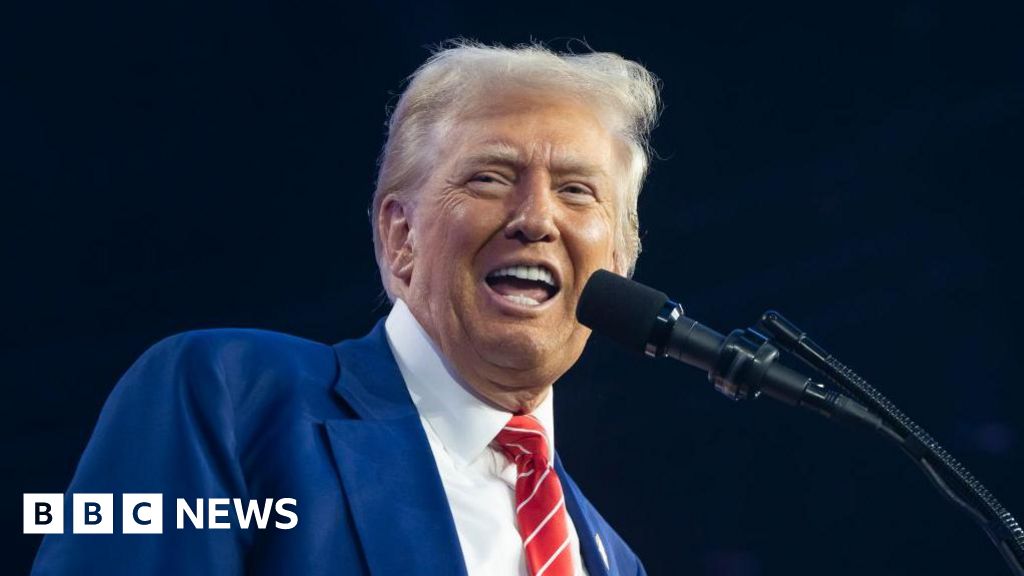Bussiness
Global stock market sell-off: Chris Wood of Jefferies decodes impact

“This was not what the market had been expecting. The accelerating pace of normalisation is primarily a response to growing political pressure. This is a consequence of the mounting domestic focus on the extent to which rising prices are being driven by a weak yen,” Wood wrote.
The political pressure on the BoJ, he said, has been driven by the collapse in Prime Minister Fumio Kishida’s popularity rating. The prime minister faces a LDP leadership election in September, which he believes has also been reflected in the BoJ allowing more room for JGB yields to rise.
“The result of all this is that the BoJ is tightening when the Fed is preparing markets for an easing. This is not something that comes easily to the Bank of Japan. It is not as if Japan’s economy is booming. Domestic consumption remains weak and is likely to remain so long as real wages are declining courtesy of the slumping yen,” Wood said.
Chris Wood on US markets, Fed rate cut
This has worried the markets, which now fear that the US economy might be headed towards a recession, and the US Fed may be late in cutting interest rates.
“There is unambiguous evidence of a weakening in the US labour market at a time when inflation is still above the Federal Reserve’s 2 per cent target. Money markets are now discounting 116bp of easing by the end of this year whereas before the payroll data it was only 86bp. An intra-meeting cut, the first since March 2020, now looks likely,” Wood said.
Small-caps in America, as reflected in the Russell 2000 index, Wood believes, will remain more vulnerable in a US economic downturn than the AI infrastructure stocks.
Chris Wood on Indian stock market
A cut in interest rates in the US, he said, will be beneficial for the Asian and emerging stock markets whose central banks will have much more room to ease domestically if the Fed is cutting and the US dollar is weakening.
“Indian stock market is much more resilient in the face of a US downturn and related Wall Street sell-off than the likes of Japan. This is mainly because India’s stock market has been driven by domestic money, whereas the opposite remains the case in Japan. For such reasons, GREED & fear is thankful that 26 per cent of the GREED & fear global long-only portfolio is in India,” Wood wrote.
First Published: Aug 05 2024 | 9:54 AM IST








